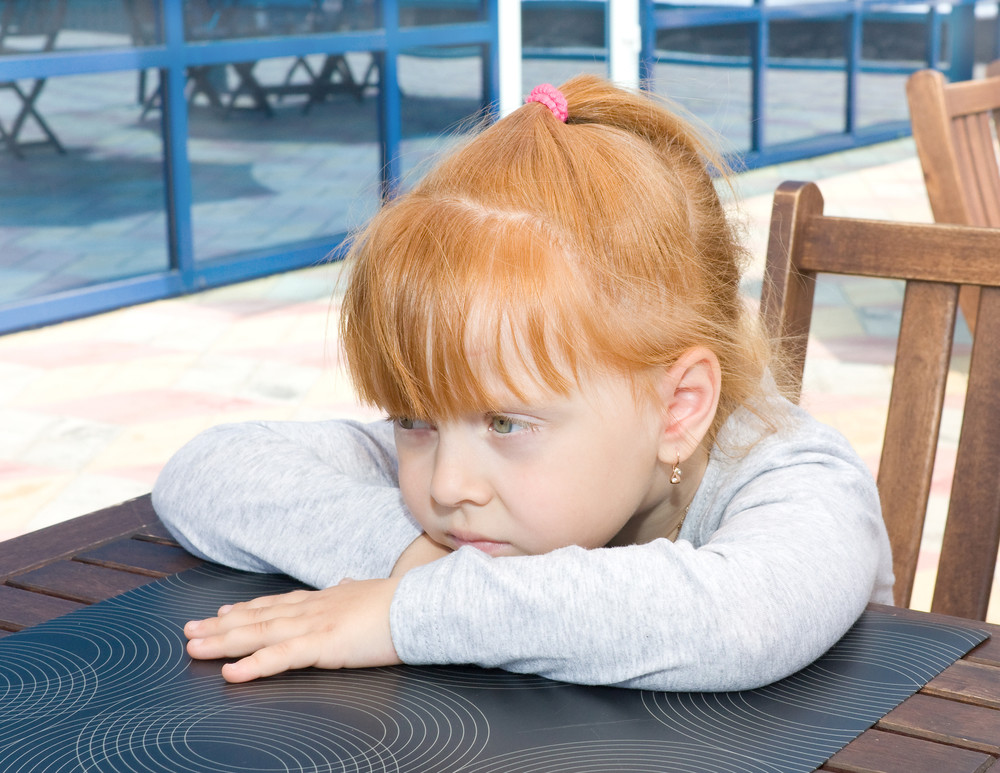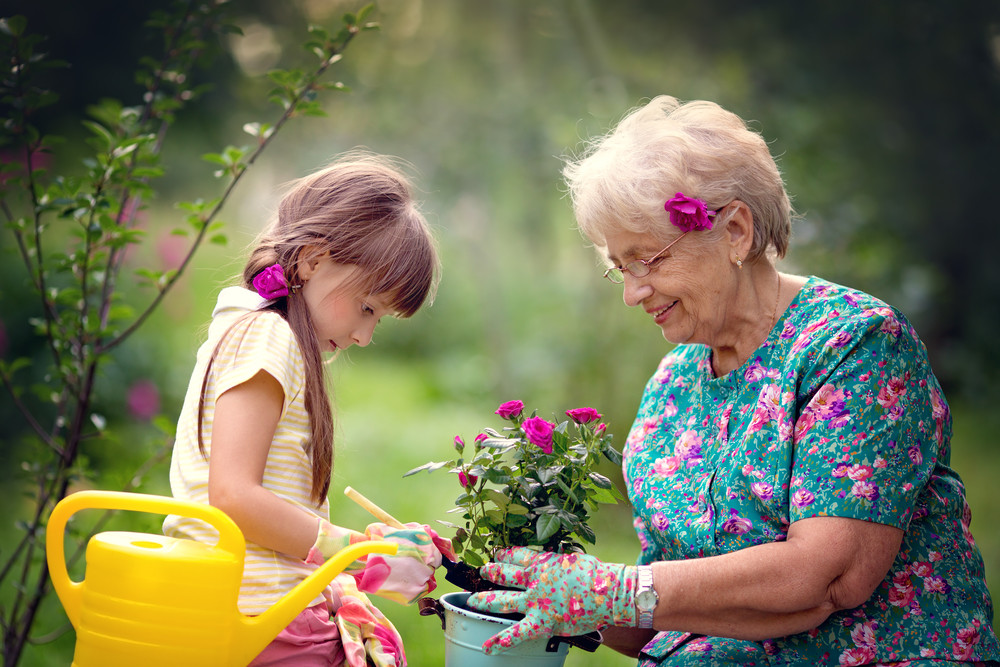
Each year, about 7% of adopted children returned to orphanages. The main reason is the lack of understanding of what they are experiencing severe trauma: breaking up with a family mom and dad. It inevitably affects their emotional and intellectual development. Those who are not ready for this, may shock the inappropriate behavior of the child.
If you decide on adoption, you need to know regarding the behavior of foster children. Here are some of them:
1. The first year is the hardest. Adapts
As the only child at home, you might think: “Nonsense. It behaves perfectly why this year should be heavy?”. This stage is called “honeymoon.” Parents want to warm the baby, and he likes a lot. At this stage, the child wants to please, so does all that you offer. Ahead of you develop affection for each other.
But then things become complicated: the euphoria ends and begins the long process of adjustment. The child is difficult to break patterns of behavior, he did not understand what he is allowed and what is not. It can change dramatically: become Moody, quarrelsome. Cheerful and kind child begins to do the opposite, inward. This is a test of boundaries: do you love me?

During this period it is important not to despair and not to decide that you sheltered little Tasmanian devil. Because then begins the stage of “addiction”: it disappears the voltage, the children begin to joke and share issues, truly for you to bind. They begin to behave naturally like a native.
2. You’ll need a psychologist
Even if you have several blood children, adopted children will be different. Therefore, you first need to take courses which tell you in detail about possible problems. While there are cases where parents refuse the idea of adoption. Because you start to understand how it will not be easy.
3. In your life, there can be blood relatives
It’s not always bad: in some countries, the adoptive parents are even required by law to maintain the relationship with blood family. It is not necessary they must be alcoholics and marginals (in this case, relatives of the most likely do not go on contact). Maybe your child is lonely, sick grandmother, who lost a son or daughter and can’t raise a grandchild. Why not let them sometimes see?

Another thing is that on the horizon may experience dysfunctional parents: for example, after release from prison. They can haunt you, request a report, set up against you baby, sue. And this should be ready, especially if you get acquainted with the baby in the process depriving them of their parental rights.
4. Blood children can be hard to react to the emergence of a new family member
And not just upset and jealous, and fall into a deep stress. It can dramatically worsen their behavior and academic performance. In this case, you will have to pull out of the crisis two children.
5. You can count on a child’s unreasonable expectations
The most risky situations – ones in which it take to replace a dead son or daughter. First foster child first helps to grieve, and then parents can start to blame him for what he lives, and the native is no more.
About how it affects the child’s separation from their birth parents, read the article “Why not to leave children without parents, even for short periods?”.
